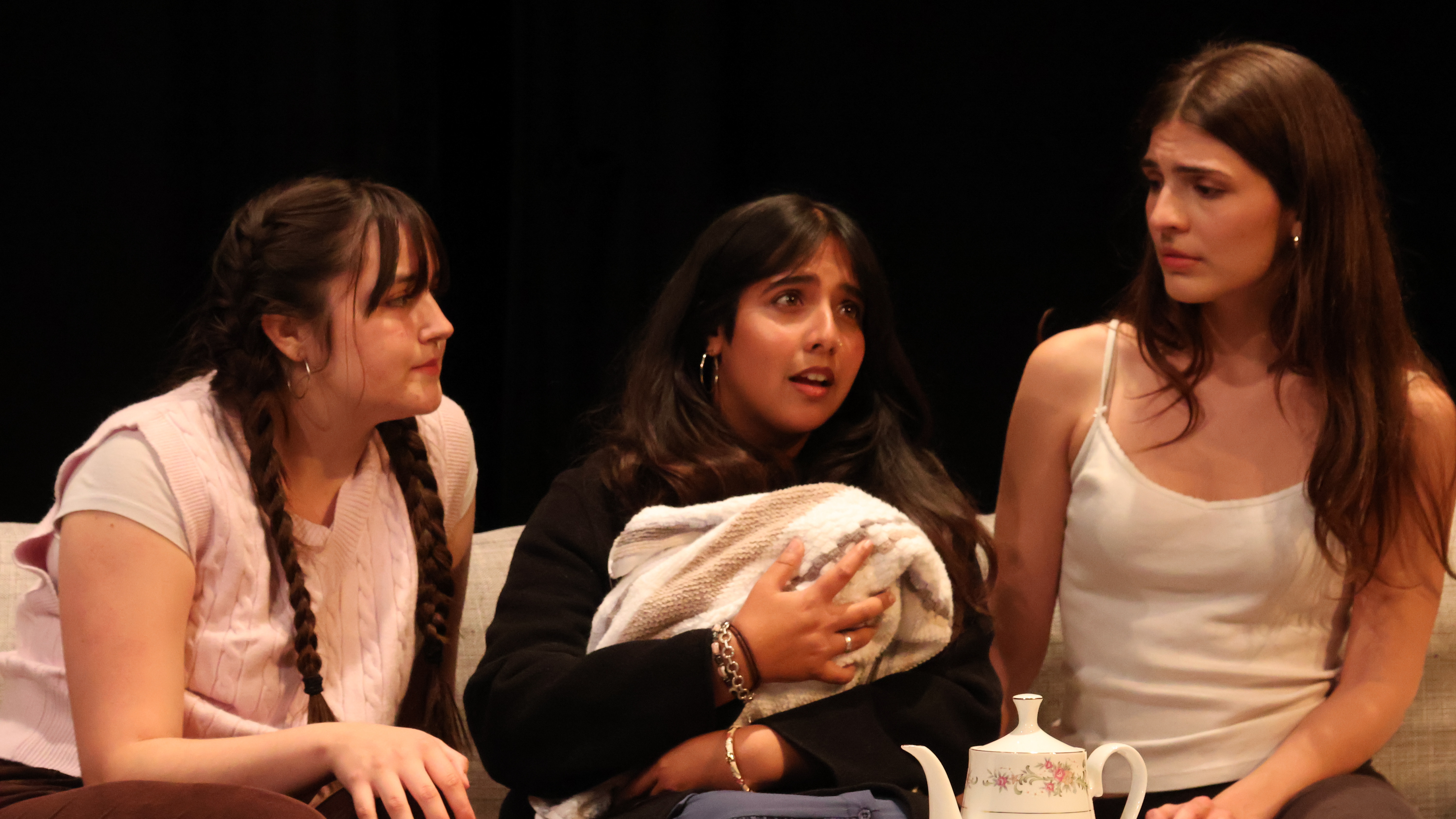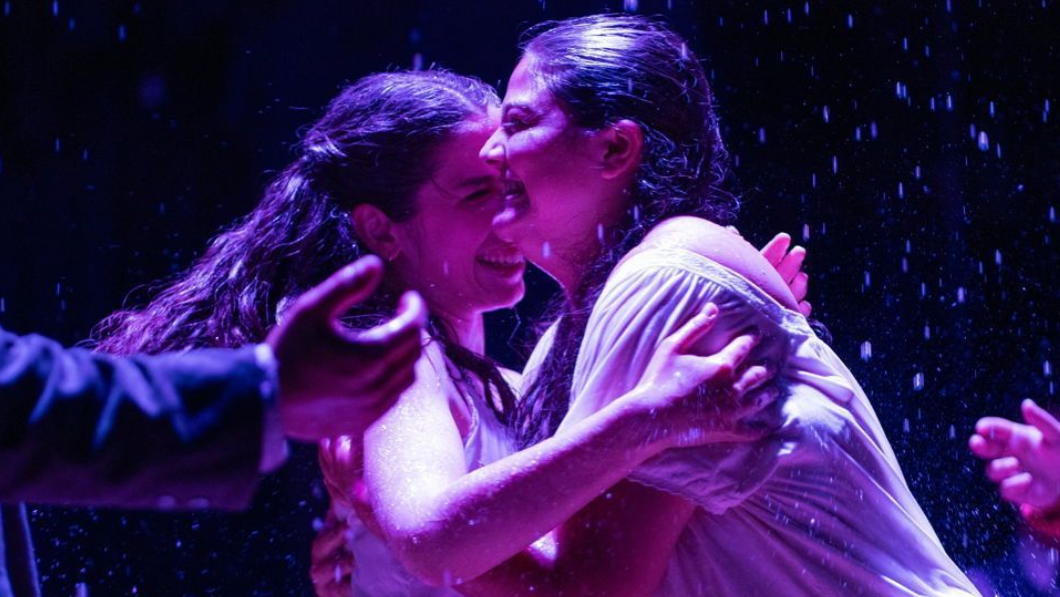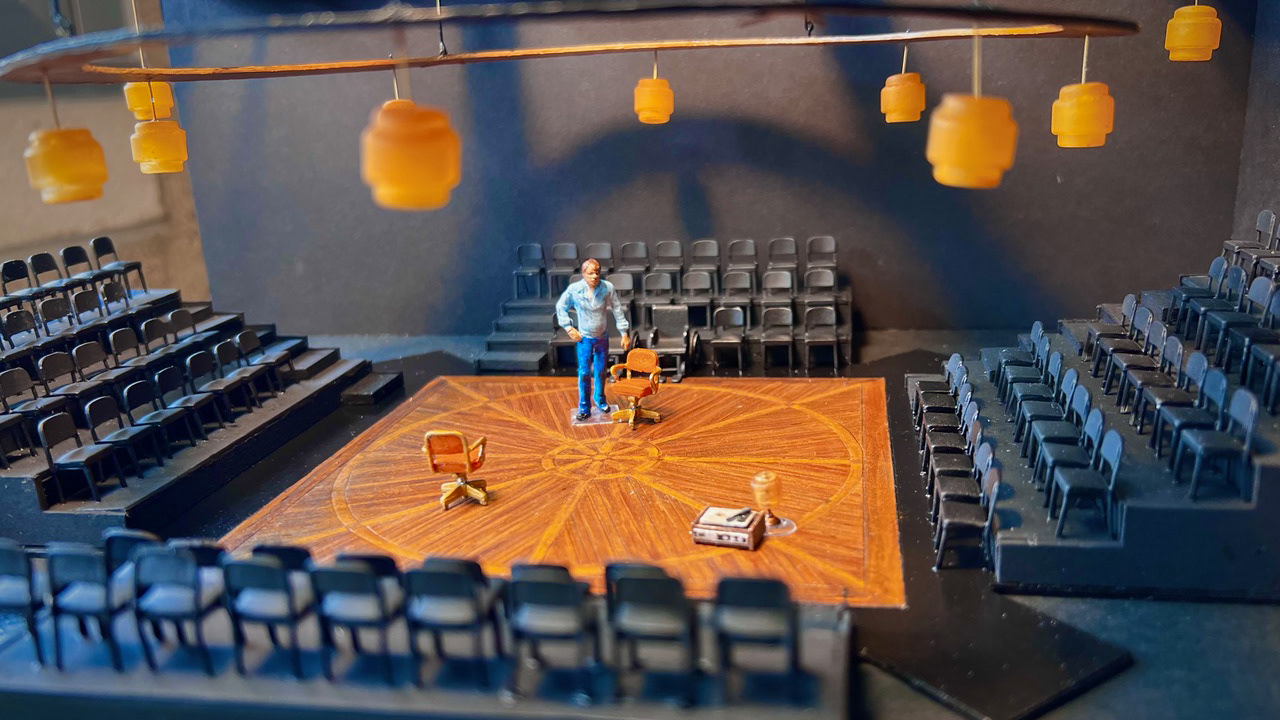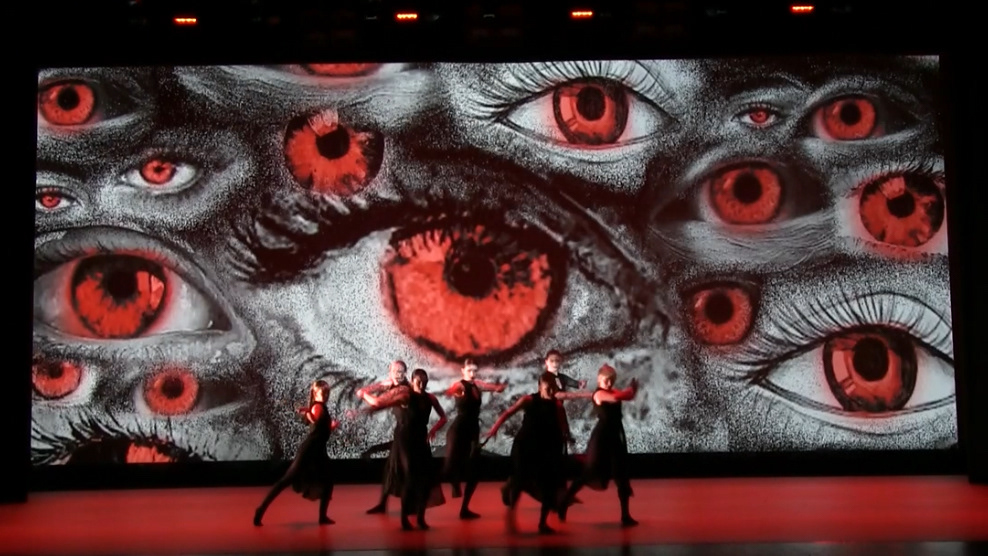by F.J. Hartland
Directed by LINYI CHEN
Stage Manager: Bella Roldan
Light Designer: Desmond Zhang
Cast:
WOMAN ------------------------ Vivian Oxley
WOMAN ------------------------ Vivian Oxley
MAN ------------------------- Miles McMahan
Two actors play all the mourners at the funeral of an ordinary woman
who touched the lives of all of those around her.

If there's something I didn't say, don't think I forgot, I didn't say anything, but some things are just for collecting. Can't say, can't think, but can't forget. They cannot become languages, and once they become languages they are no longer them. They are a dim warmth and solitude, a mature hope and despair, their territories are only two: the heart and the grave.
― Shi Tiesheng, I and the Temple of Earth
It loved and possessed everything, but from a distance, as from the other side of a mirror; ultimately it “died” and its frail image just disappeared, like water in water.
― Borges, The Other Death

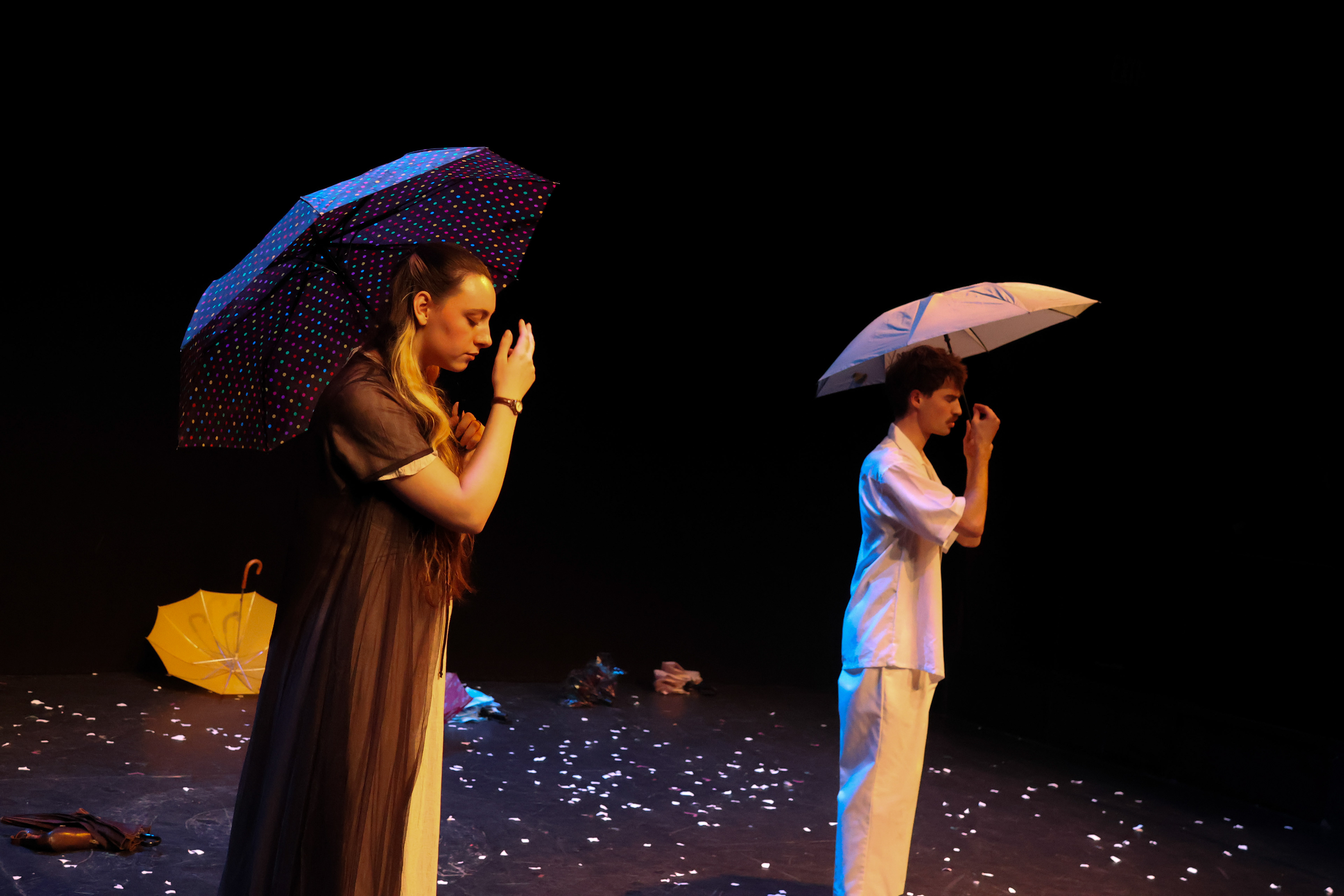
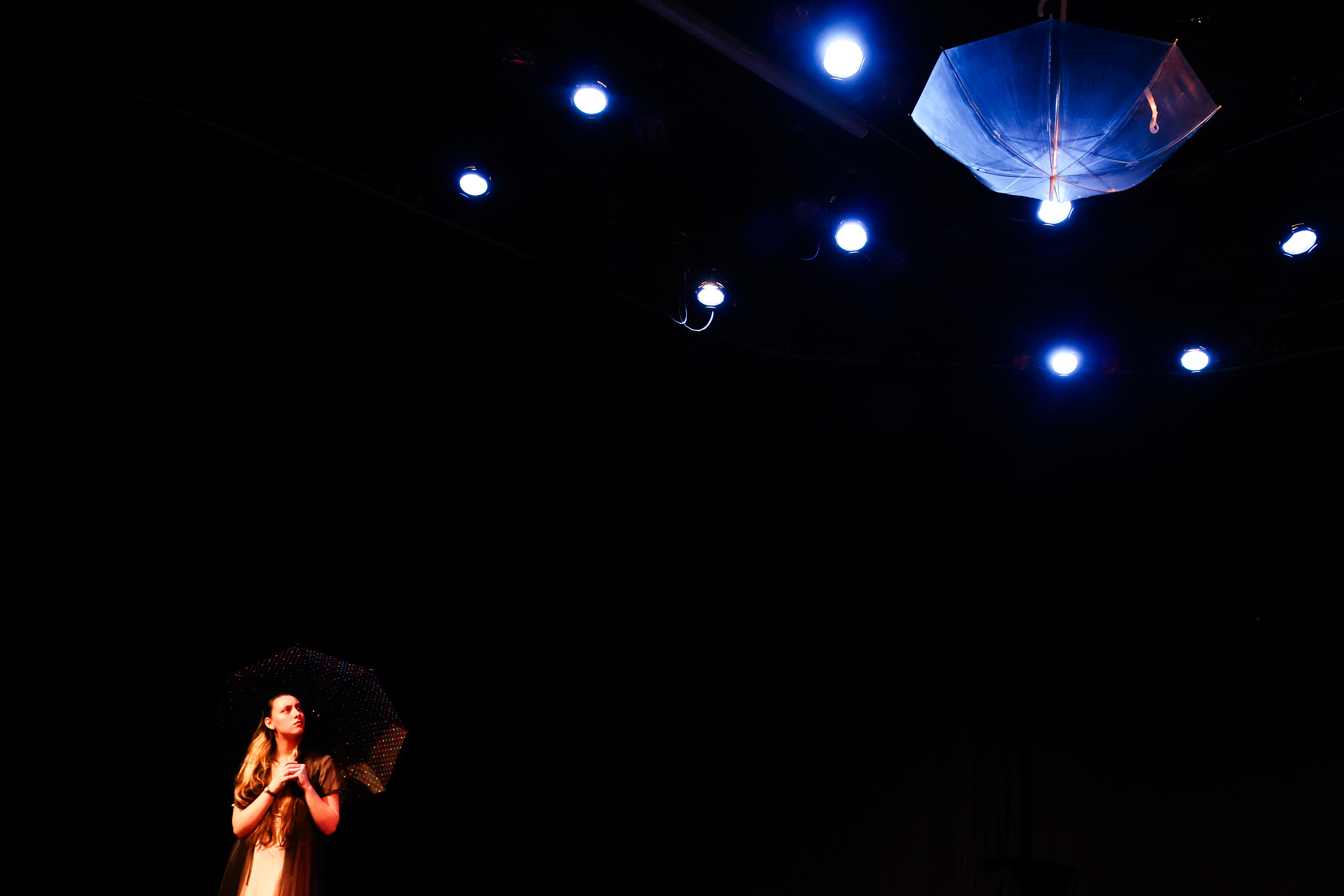
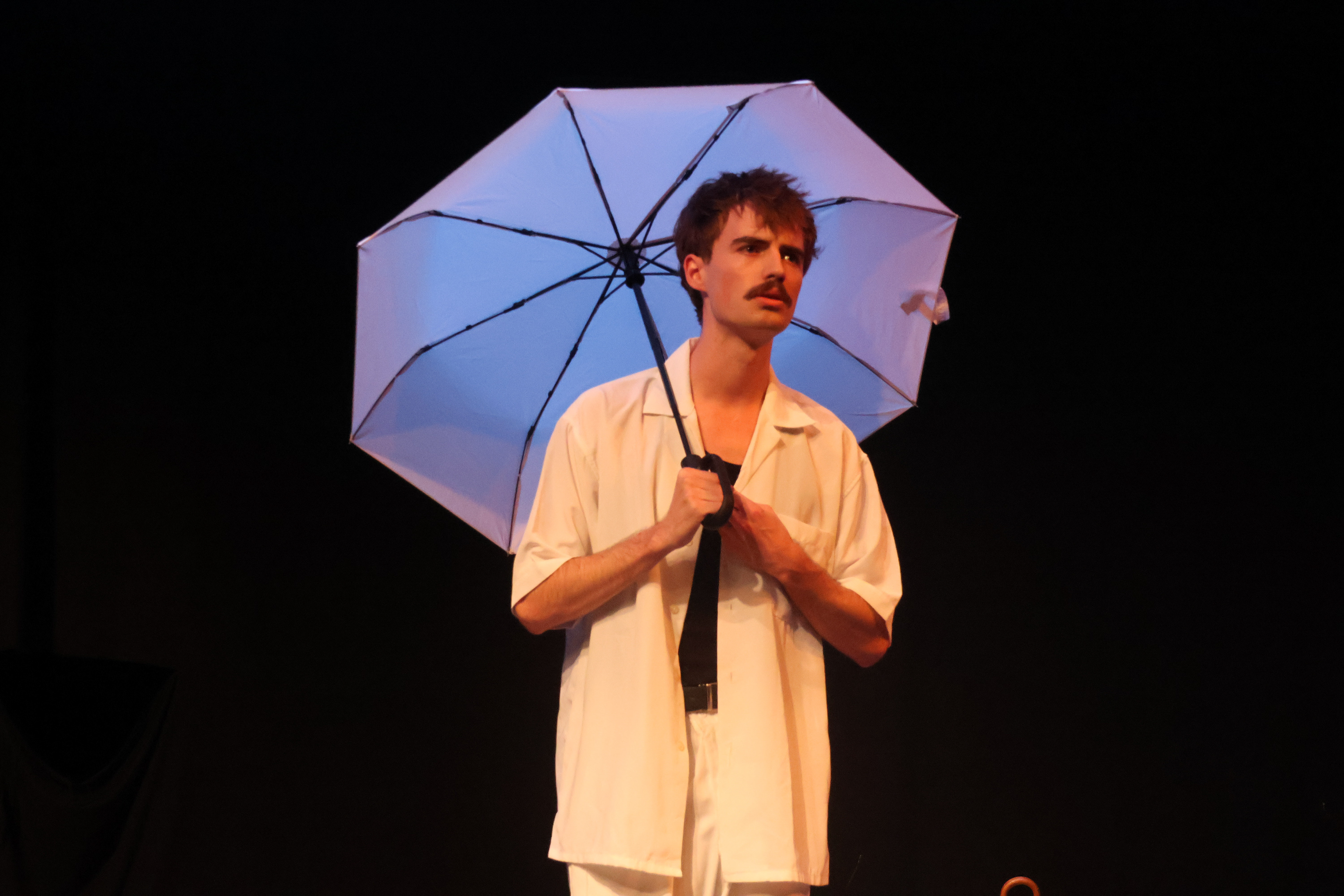
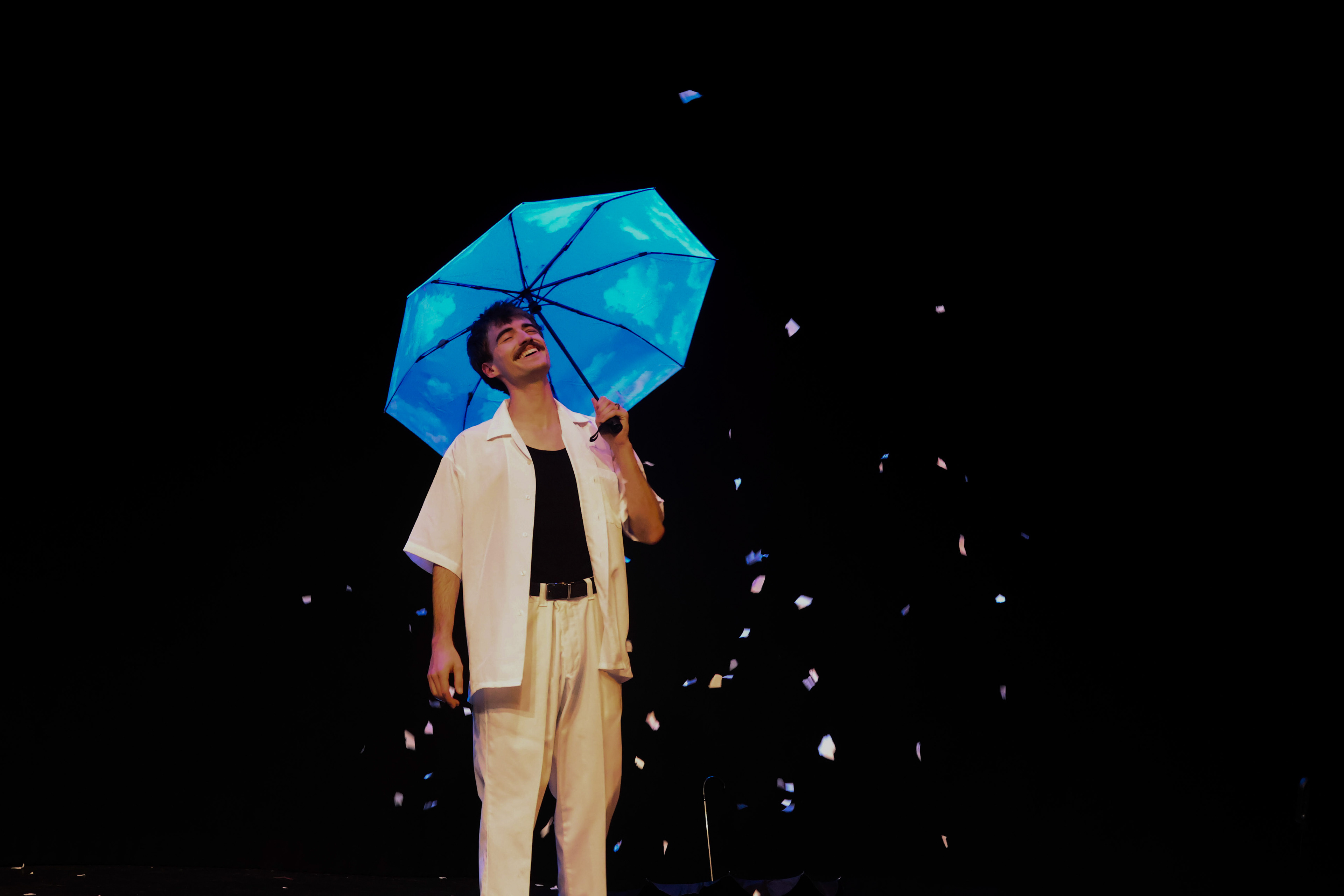
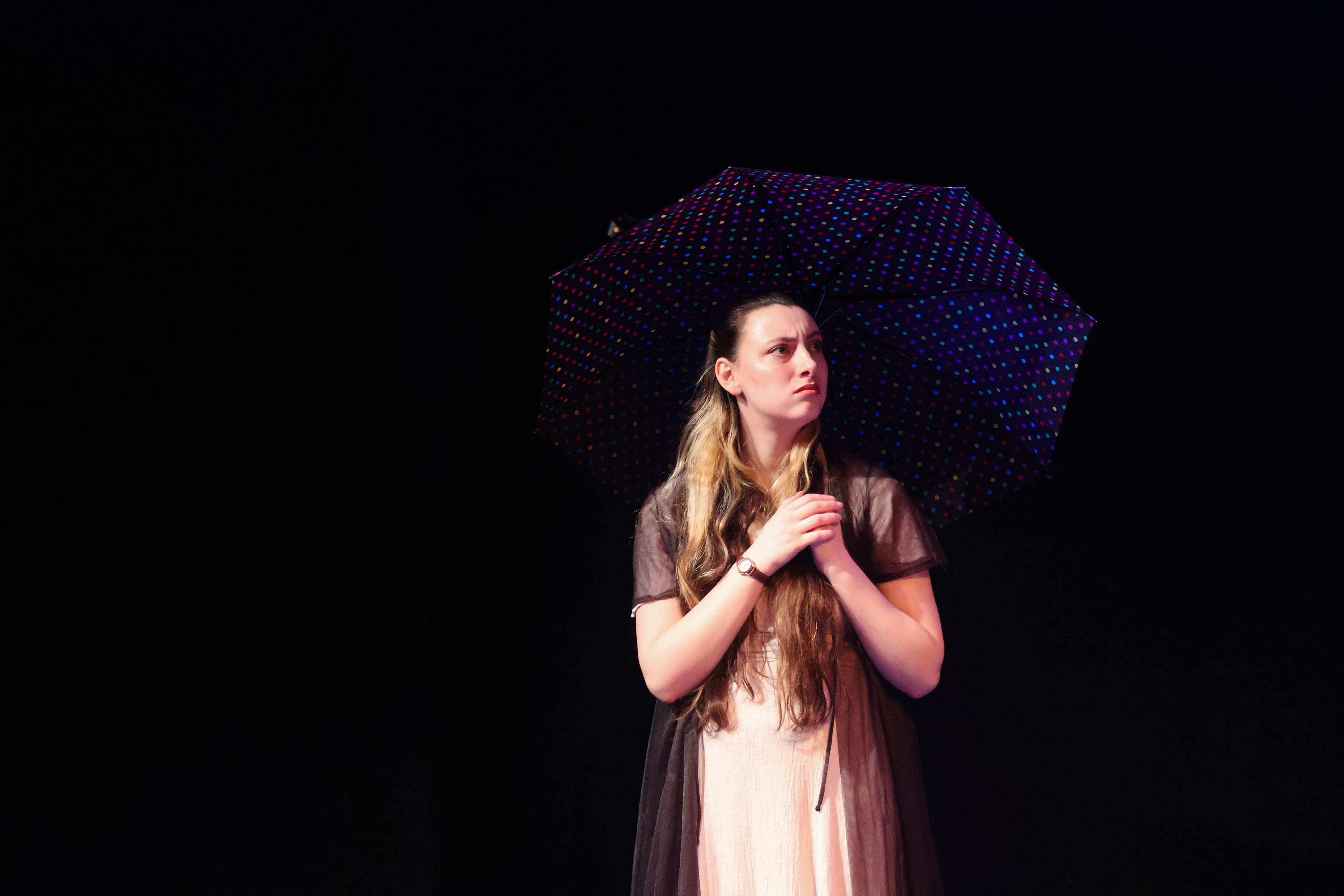
Director Notes:
Some things are not meant to be spoken. Some things, once named, are no longer themselves.
Funeral in the Rain is about those things—grief that cannot be articulated, love that lingers without form, memories that remain in the spaces between words. It is not just about saying goodbye to Esther Cavanaugh, but about understanding what she left behind.
Now, in her absence, those who loved her stand in the rain, caught between remembrance and silence, between holding on and letting go. Each mourner carries a part of her, but like a reflection in water, she slips away when they try to grasp her fully. What she gave—kindness, recognition, the feeling of being truly seen—cannot be named without losing something of its essence. Instead, it lingers as a quiet warmth, something that exists only in two places: the heart and the grave.
Through fragmented stories, humor softened by grief, and the hush of rain on wet earth, this play reminds us that funerals are not for the dead.
And so, the rain falls. The words are spoken. And yet, something remains unspoken still.
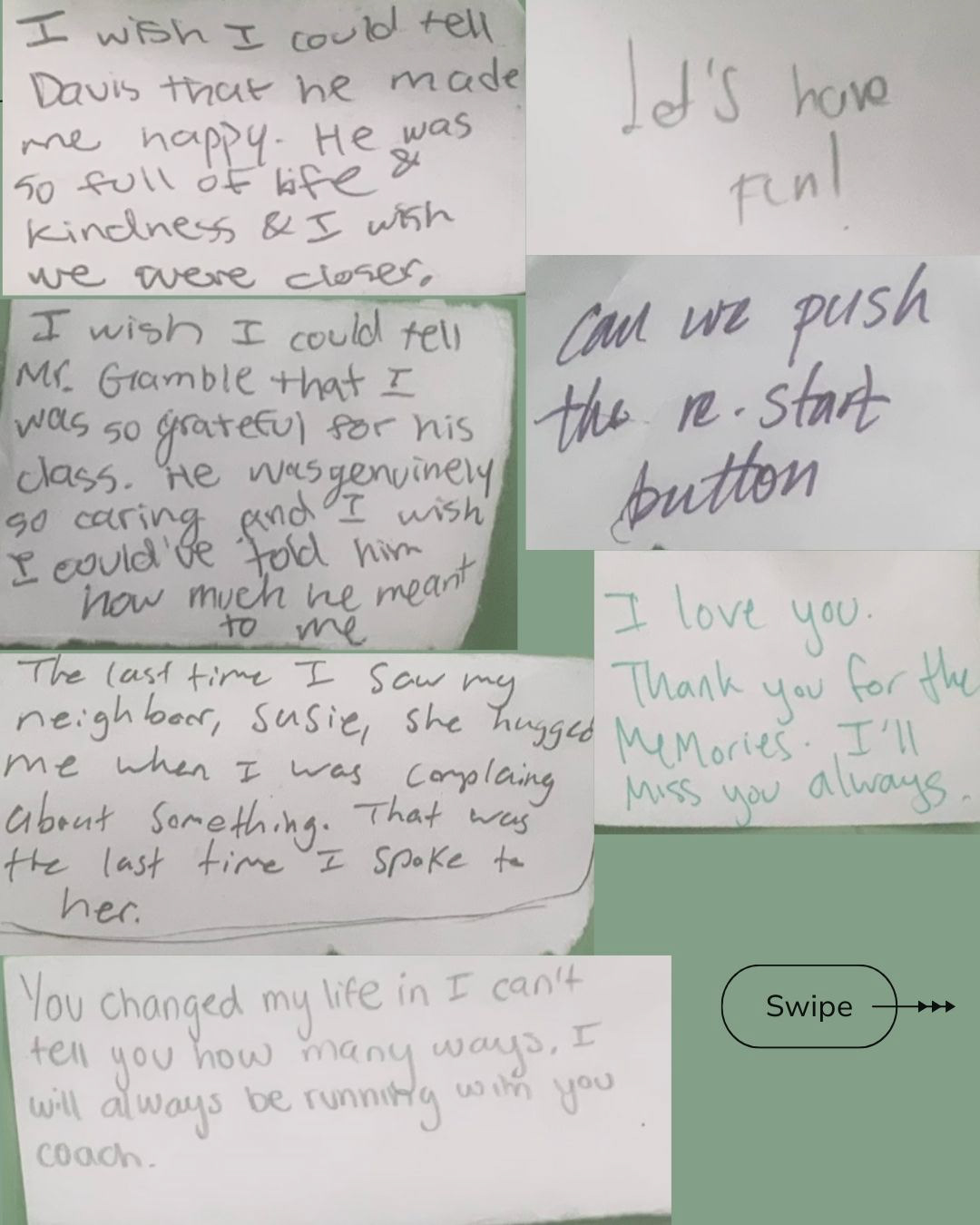
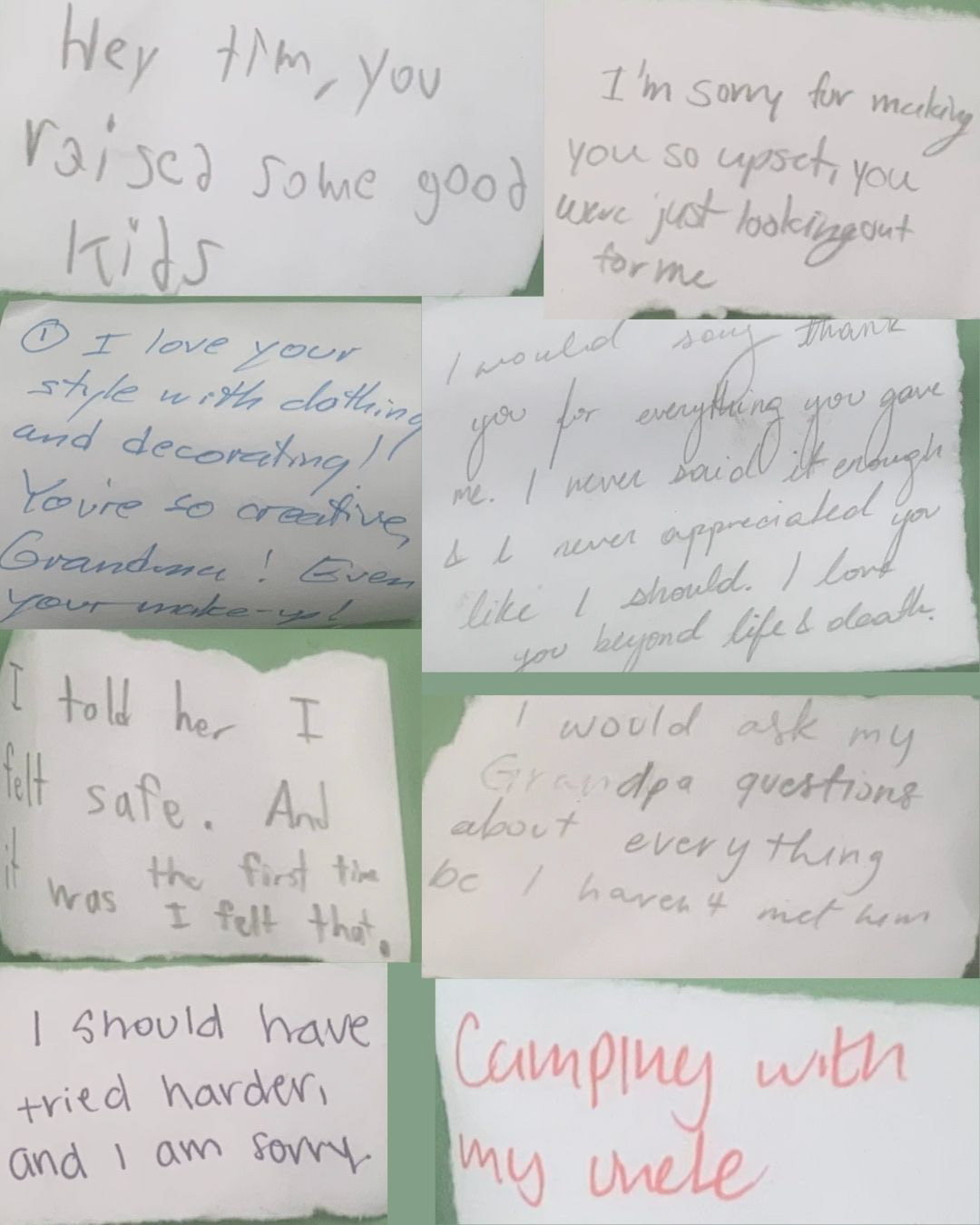

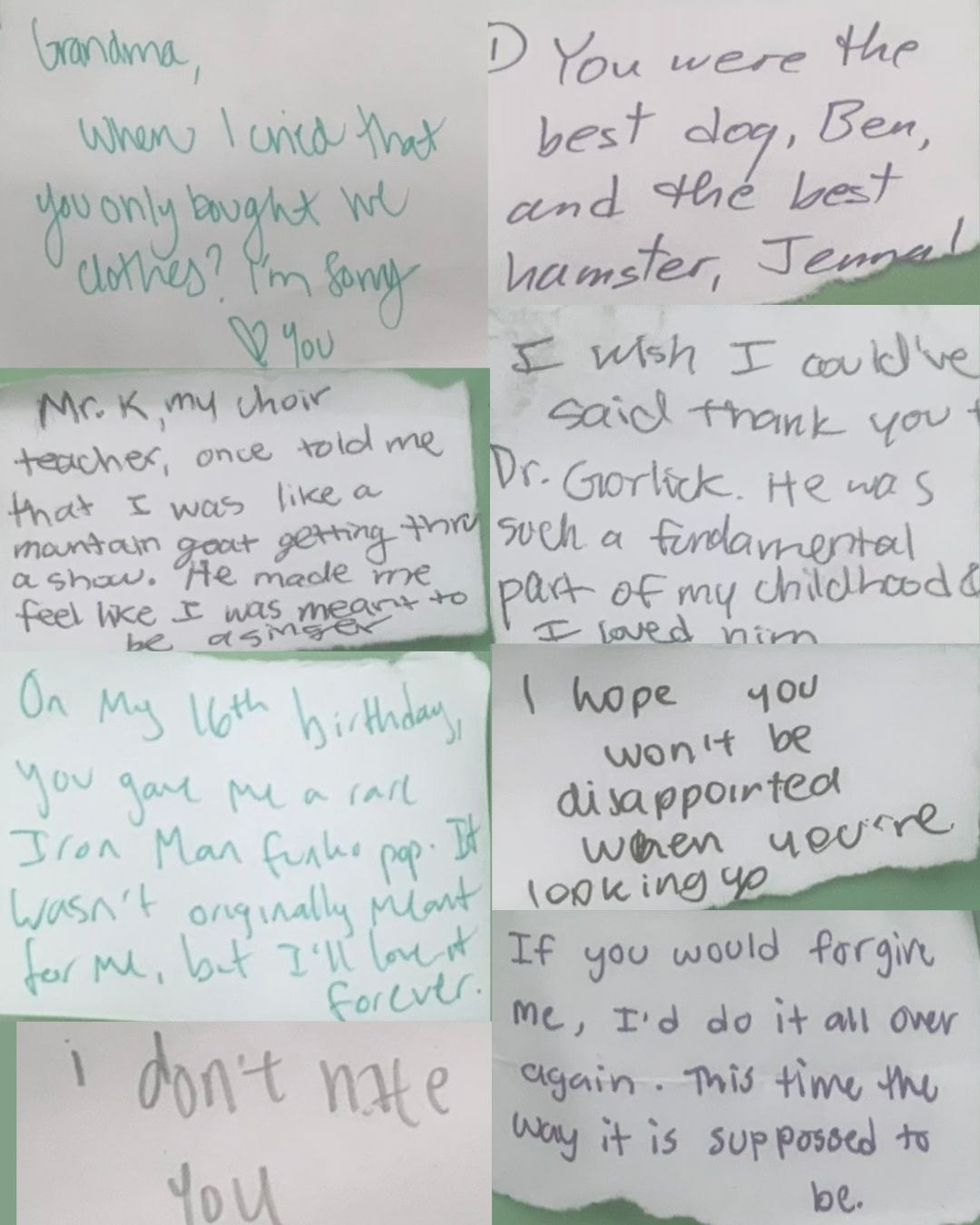
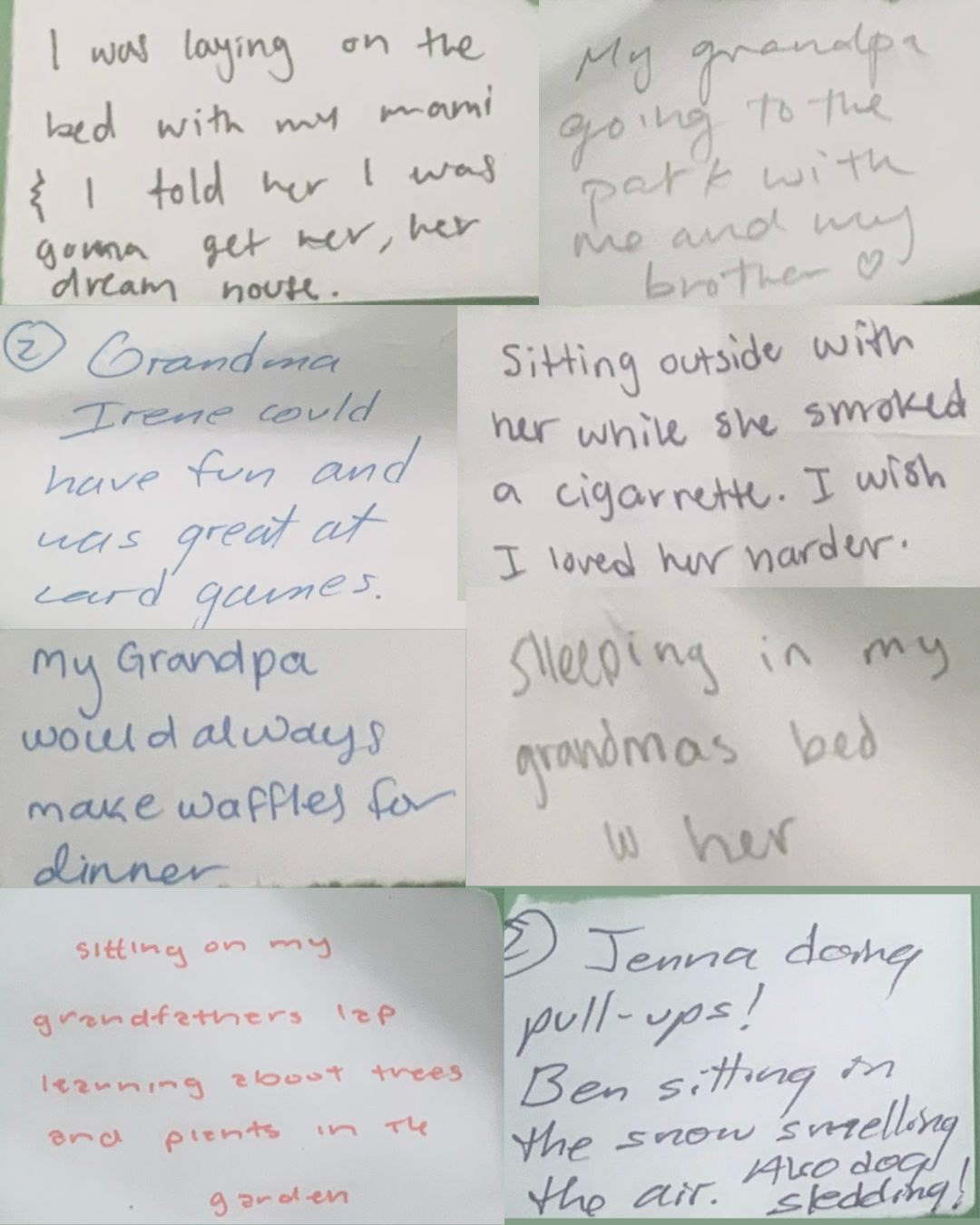
Theater is more than a performance.
it is a conversation between the creator and the audience, a space where stories are not just told but experienced, shared, and transformed.
It is a bridge between the world on stage and the emotions, memories, and perspectives of those watching.
I believe theater is most powerful when it invites participation, when it doesn’t just present a narrative but opens a dialogue.
So...
What would you say to someone you've lost if you had one more chance?
What's a memory of someone You've lost that still stay with you?


